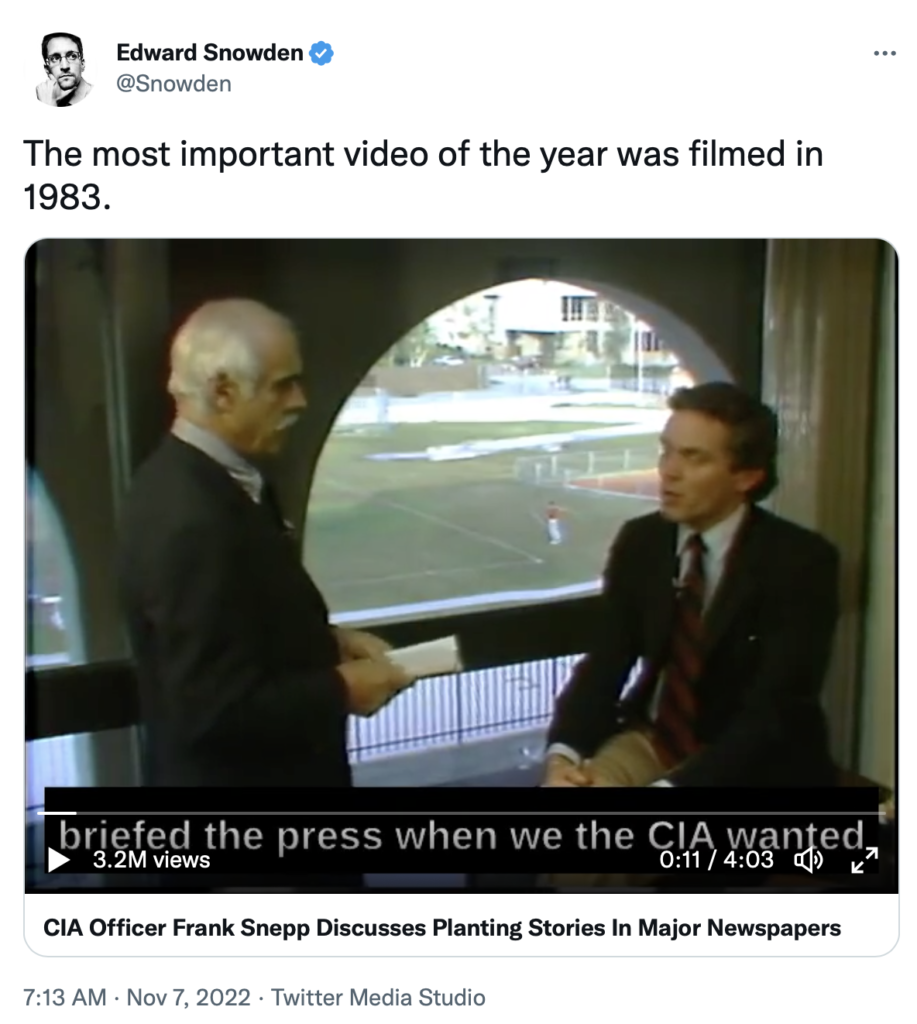The Biggest Dangers of Tribes
What should you make of the fact that you are passionate about your position on an issue?
Is that passion justified by real world facts and a careful and conscious cost/benefit analysis? Or did unconsciously adopt your position as a result of becoming a member of a tribe? Did social pressures and desires nullify your intellectual defenses to bullshit, allowing rickety beliefs to find a welcoming space in your head? Did you aggressively attack your new position, making sure that it is solid? Or did it slip in like the trojan horse after your sentries became completely distracted by their cravings to be liked (and not disliked) by others? After all, because called "inappropriate" "misguided," "a tool for the [bad people]" or "racist" hurts, especially when done in public arenas. Those slings and arrows take a toll and they have put Americas institutions at great risk. It takes a special person to be able to shake off those accusations and stay true your need to hyper-scrutinize all issues, especially your own position on those issues.
It takes courage and strength to constantly attack your own ideas and it needs to be constant because truth-seeking is never-ending work. And it's not enough to try as hard as you can to be skeptical of your own ideas, because we are blind to the problems with our own thought process.
We know this for sure, based on the work of many scientists who have studied the confirmation bias, including Jonathan Haidt:
Morality binds and blinds. It binds us into ideological teams that fight each other as though the fate of the world depended on our side winning each battle. It blinds us to the fact that each team is composed of good people who have something important to say.
From The Righteous Mind: Why Good People Are Divided by Politics and Religion.
You can't cure this problem alone. You need to expose yourself to viewpoints you find distasteful or even odious. That is the only solution because the confirmation bias is that strong. You cannot see the problem as long as you are clinging only to your favorite sources of information. You need quit being a coward and engage with people and ideas that challenge you. You need to visit websites and read books that you would rather not. That is your only chance to test your ideas, identify those that work and don't work. This need to constantly expose your thoughts to the marketplace of ideas was described with precision by John Stuart Mill (and see here). Recently, Jonathan Rauch has taken a deep dive on this challenge in his excellent book, The Constitution of Knowledge.
There will be many who read this who say "I'm not concerned because I am immune to both dumb things and the pressures of tribes." They are wrong to be complacent for two reasons.
Reason One: People think they are immune because they feel certain that they have things right. They feel this way even though ALL OF US change our opinions over time. We are guaranteed to change our views in the future just as we have in the past, but we don't remember how much we change over time. We simply sit there smug and certain that we've got things figured out at each present moment. What is that feeling of certainty worth? Nothing, as explained by Robert Burton, in his book, On Being Certain.
[More . . . ]

